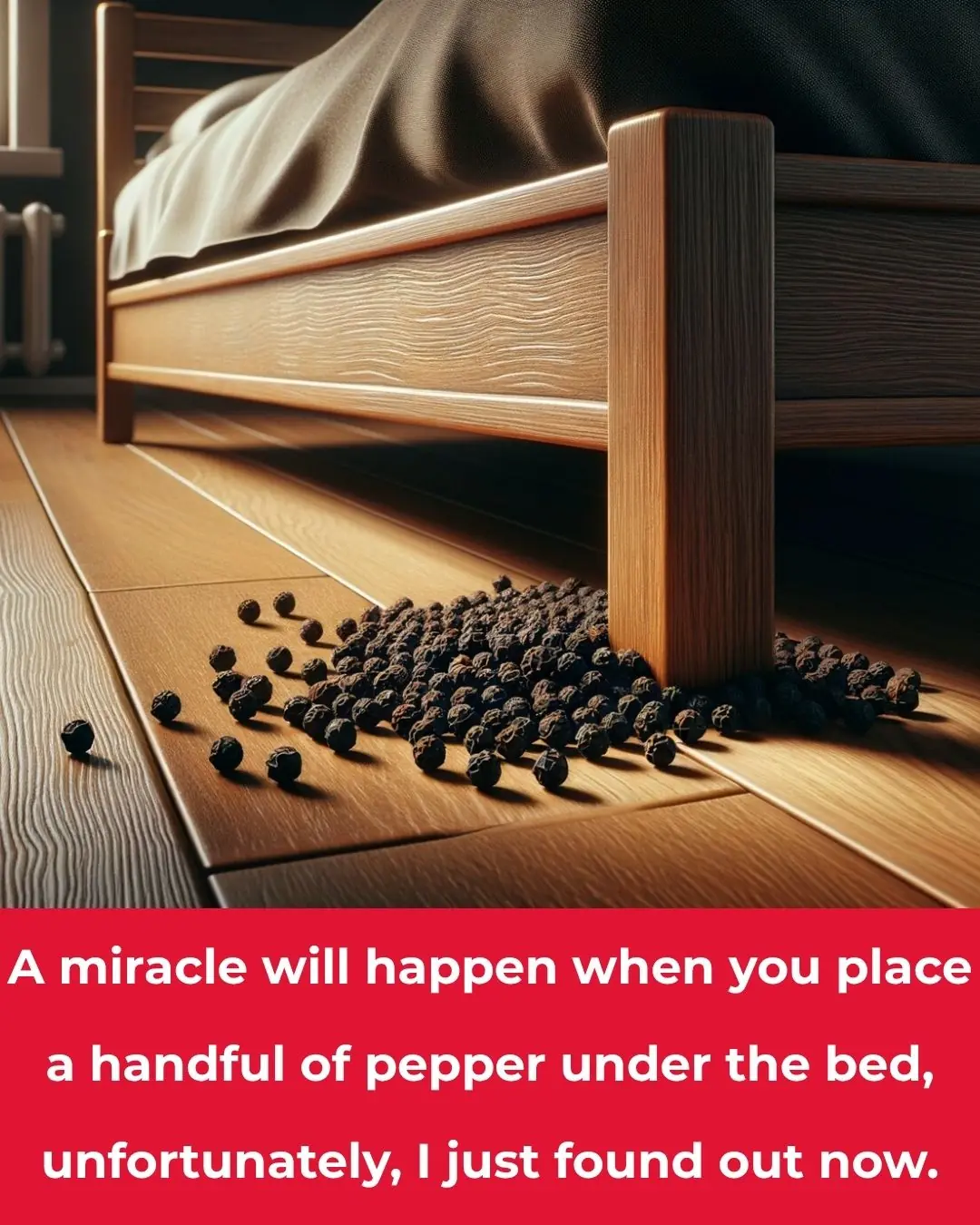
This is Why You Always Wake Up in the MIDDLE of the Night (and how to make it STOP)

Getting a full night’s rest can make you feel like a completely new person when morning arrives. Your mind is clearer, your mood brighter, and your energy restored. On the flip side, missing sleep doesn’t just make you groggy—it leaves you feeling unproductive, irritable, and mentally drained. More importantly, long-term sleep deprivation can have serious consequences for your physical and emotional well-being.
At first glance, getting enough sleep seems simple—just go to bed early and wake up refreshed. But in reality, modern lifestyles, stress, and health imbalances make restful sleep harder to achieve than ever before.
💤 The Importance of Sleep
Sleep isn’t just downtime for your body—it’s an active biological process that supports detoxification, cellular repair, and emotional regulation. During deep sleep, your body eliminates toxins, repairs tissues, and rebalances hormones to maintain homeostasis.
Poor sleep, on the other hand, is linked to toxic overload, mood swings, hormonal imbalances, inflammation, weight gain, and even a weakened immune system. According to the Sleep Foundation, 67% of people who report poor sleep quality also experience poor overall health.
Sleep loss has also been shown to impair cognitive function, reduce insulin sensitivity, and accelerate aging by increasing oxidative stress in cells. Over time, chronic sleep deprivation can contribute to serious health issues like cardiovascular disease, anxiety, depression, and autoimmune disorders.
😴 What Causes Poor Sleep?
Insufficient or low-quality sleep can stem from many sources—poor diet, low physical activity, high stress, uncomfortable sleeping positions, or underlying health conditions such as thyroid problems or autoimmune disease.
Research also shows that gender and socioeconomic status can influence sleep: women are more likely than men to struggle with insomnia, and people with lower income levels often experience higher stress and reduced life satisfaction, both of which negatively affect sleep quality.
⚡ The Role of Your Adrenal Glands
Your adrenal glands, located just above your kidneys, are small but mighty parts of the endocrine system. They produce essential steroid hormones such as cortisol, aldosterone, and precursors to sex hormones like testosterone.
When your adrenal glands fall out of sync, your entire body feels the effects. Conditions like adrenal insufficiency or Addison’s disease occur when the adrenals produce too few hormones. Chronic stress, poor nutrition, autoimmune disorders, thyroid dysfunction, and even long-term caffeine overuse can contribute to adrenal fatigue.
Cortisol and adrenaline—two key adrenal hormones—regulate your body’s stress response and strongly influence your circadian rhythm, the biological clock that dictates your sleep-wake cycle.
Normally, cortisol peaks in the early morning to give you energy, then gradually declines throughout the day, reaching its lowest point at bedtime. While you sleep, cortisol levels rise slightly again so you wake up feeling alert.
However, when you’re under chronic stress or when blood sugar spikes too often, cortisol can peak in the middle of the night—usually between 1–4 a.m.—causing you to wake up and struggle to fall back asleep. This imbalance is a key symptom of adrenal fatigue, but fortunately, it can be reversed through better lifestyle habits and sleep hygiene.
🌙 10 Effective Tips for Better Sleep
If you struggle to fall asleep, wake up frequently, or feel constantly tired, these evidence-backed strategies can help you reset your sleep cycle and restore your energy.
1. Avoid Alcohol and Stimulants Before Bed
“Alcohol does make you feel sleepy initially,” explains sleep medicine expert Dr. Michael Breus, “but as your body metabolizes it, it can disrupt deep sleep and cause multiple awakenings.”
The same applies to stimulants like caffeine and nicotine—avoid them at least 6 hours before bedtime.
👉 Instead, try sipping chamomile, lavender, or valerian root tea after dinner. These herbal teas contain mild sedatives that can help your body relax and signal that it’s time for rest.
2. Unplug Your Electronics
The blue light from phones, tablets, and laptops suppresses melatonin, the hormone that regulates your sleep cycle.
To protect your sleep quality, turn off electronic devices at least 60–90 minutes before bedtime and leave them outside your bedroom. Instead, replace screen time with journaling, light reading, or meditation.
3. Eat a Light Evening Snack
Going to bed either too full or too hungry can disrupt sleep. Instead of eating a large dinner, aim for a balanced meal and, if needed, a small snack a few hours before bed.
Choose high-protein, low-sugar foods like Greek yogurt, almonds, or a banana with peanut butter. These help stabilize blood sugar overnight.
Some studies also suggest that a spoonful of raw honey before bed can promote steady energy release and prevent nighttime awakenings.
4. Don’t Sleep In (Too Much)
While it’s tempting to catch up on lost sleep during weekends, drastically shifting your schedule can confuse your circadian rhythm. Try to maintain consistent bed and wake times every day.
If you need extra rest, a 20–30-minute nap in the early afternoon is a better solution than sleeping late into the morning.
5. Optimize Your Bedroom Temperature
Temperature plays a huge role in sleep quality. Research shows the ideal sleeping environment is between 65–75°F (18–24°C).
If you tend to feel cold, wear breathable cotton socks or cozy pajamas. If you’re too warm, use lightweight bedding or a cooling fan. Remember: a slightly cooler room helps trigger your body’s natural sleep signals.
6. Identify Food Sensitivities
Undiagnosed food sensitivities—especially to dairy, gluten, or processed sugars—can cause inflammation and digestive discomfort that disrupts sleep.
Try keeping a food and sleep diary for a week. Notice patterns between what you eat at dinner and how well you sleep. Reducing inflammatory foods and eating lighter evening meals can significantly improve restfulness.
7. Exercise (But Not Too Late)
Regular exercise supports healthy sleep by regulating metabolism, improving circulation, and lowering stress hormones.
However, high-intensity workouts close to bedtime can have the opposite effect by raising body temperature and adrenaline. Aim to finish workouts at least 3 hours before bed, and choose morning or afternoon for more energizing activities.
Even a daily 30-minute walk can make a major difference.
8. Get Natural Sunlight
Exposure to natural sunlight during the day helps regulate your body’s internal clock. Try to spend at least 20 minutes outside each morning, whether it’s a walk, gardening, or just sitting by a window.
In the evening, a gentle walk after dinner helps you digest food, unwind, and expose your eyes to dimmer light—signaling to your brain that bedtime is approaching.
9. Create a Sleep Sanctuary
Your bedroom should be your peaceful retreat—not an extension of your office or entertainment space.
Declutter the area, keep colors soft and calming, and invest in a supportive mattress and high-quality pillows. Adding a few indoor plants, like lavender or peace lilies, can purify the air and add tranquility.
Decorate your space with items that make you feel relaxed—your bedroom should visually and emotionally cue your body to rest.
10. Establish a Nighttime Ritual
Your brain loves consistency. A predictable bedtime routine signals that it’s time to wind down.
After dinner, dim the lights, turn off electronics, and engage in relaxing activities like stretching, journaling, reading, or taking a warm bath.
You can also try gentle yoga poses, breathing exercises, or self-massage on your feet and shoulders to relieve tension. Over time, this ritual becomes a powerful cue for your body to transition into deep, restorative sleep.
🌅 Final Thoughts
Good sleep isn’t a luxury—it’s a biological necessity. It strengthens your immune system, sharpens your memory, balances your hormones, and even slows the aging process.
By understanding the deeper connection between your adrenal health, lifestyle habits, and sleep hygiene, you can reclaim your nights and wake each morning truly restored.
Better sleep isn’t about perfection—it’s about consistency. Start small, implement one or two habits, and let your body rediscover its natural rhythm. When you do, every part of your life—from your mood to your metabolism—will begin to thrive again.
News in the same category


Artery-Cleaning Foods: The One Meal Doctors Won’t Tell You About

The body will show 5 symptoms to remind you to eat less salt

5 foods that heal your body and STARVE cancer—eat these now!

Reverse diabetes and insulin resistance fast—4 hacks doctors don’t tell you!

They were wrong about fasting — here’s what 30 hours without food really does to your body

Grow Date Trees From Seed (Start in a Pot → Plant Outdoors): The Complete, No-Stress Guide
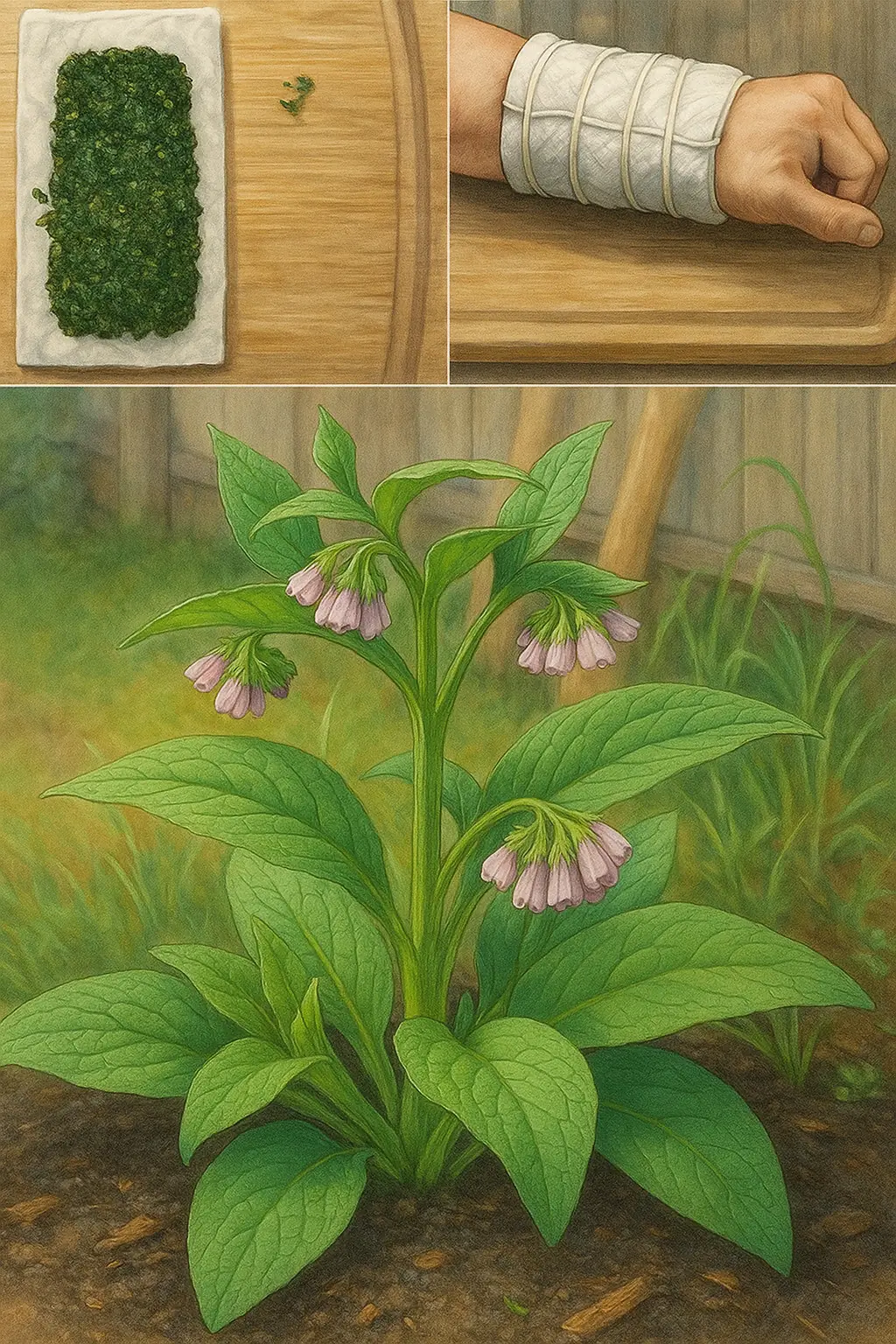
The Incredible Benefits of Common Comfrey: Uses, Remedies, and Precautions

14 Reasons to Drink Lemon Water First Thing in the Morning
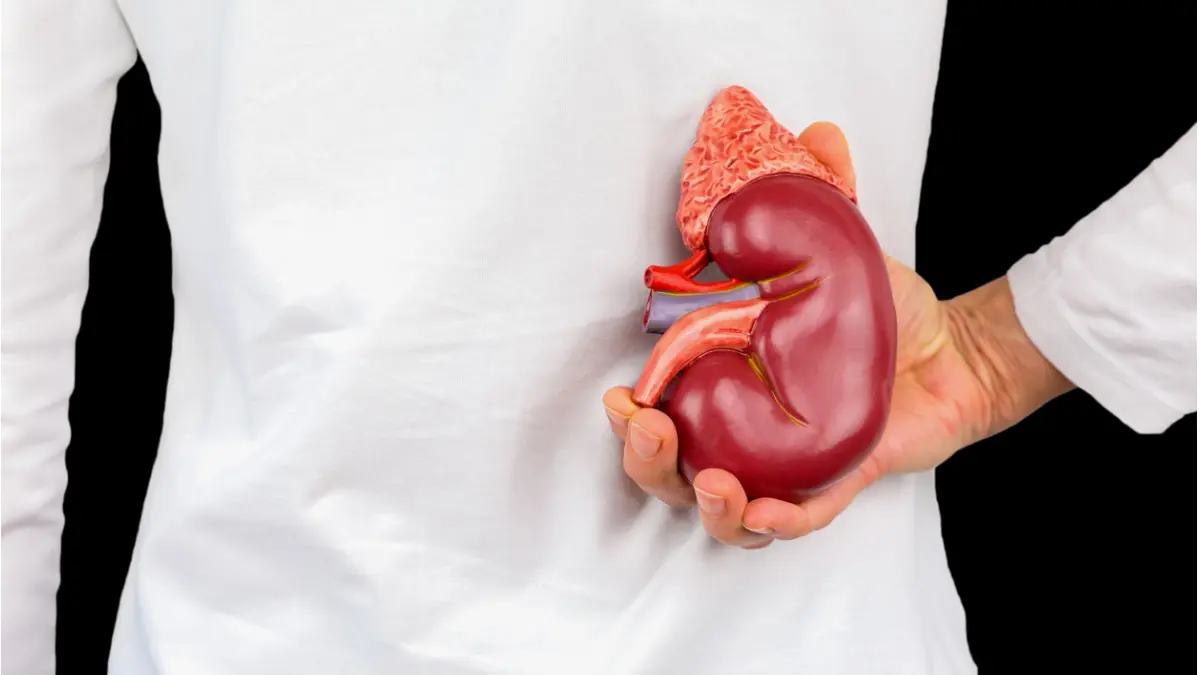
The #1 Food for Detoxifying and Supporting Kidney Health

Dark Chocolate and Tea Found to Significantly Lower Blood Pressure
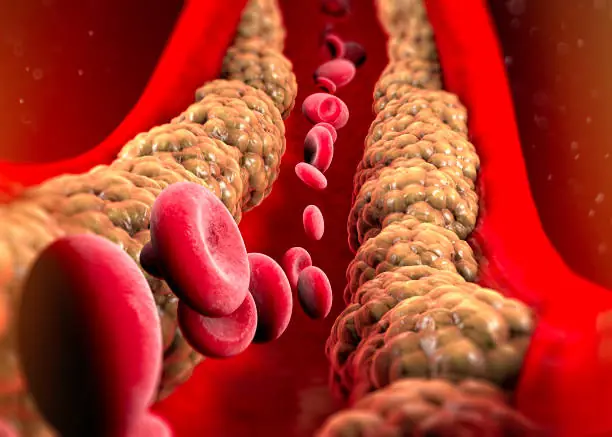
Why This Doctor Refuses to Prescribe Statins for High Cholesterol

Top 5 Foods to Avoid if You Have High Blood Pressure

How bathing too often can affect your health
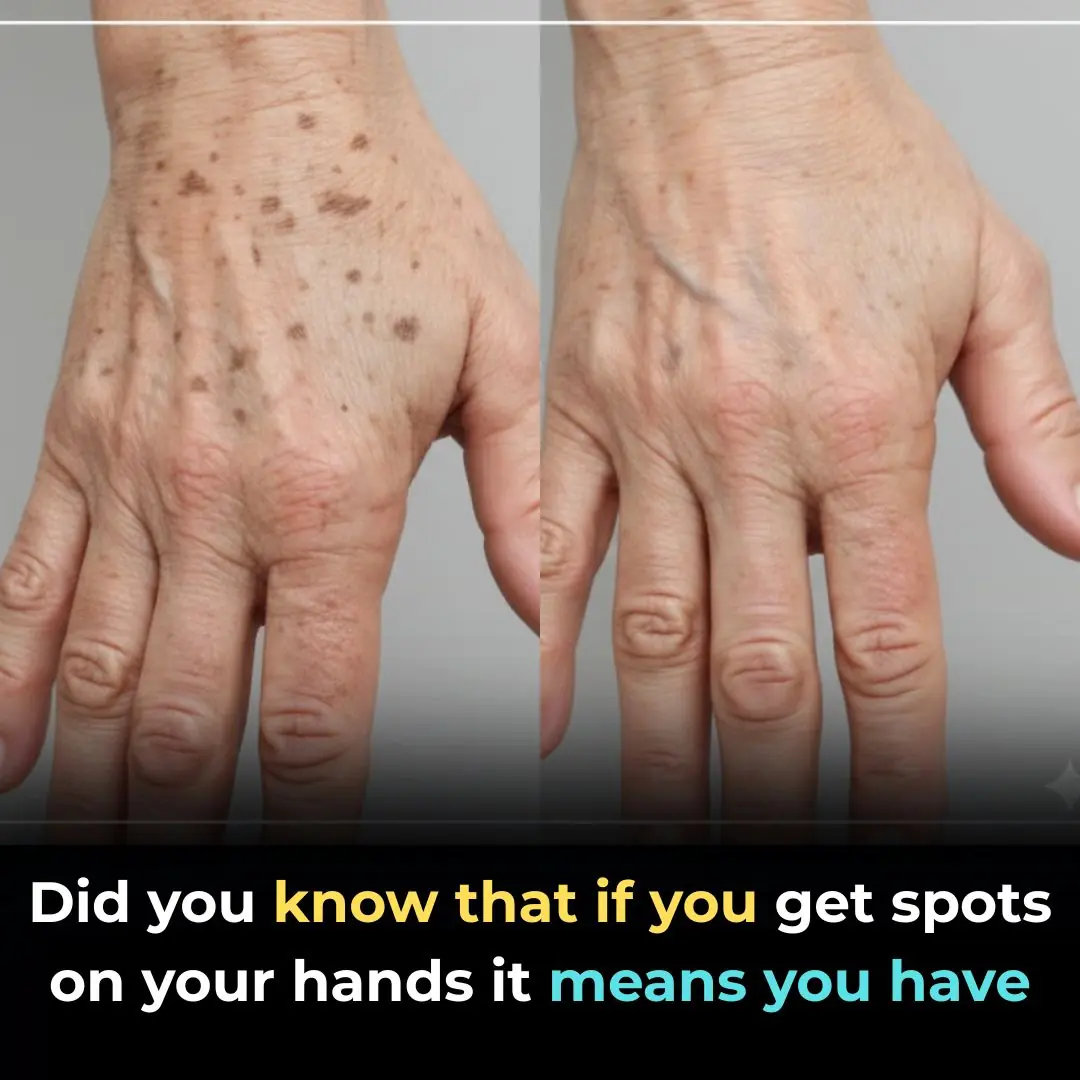
Did you know that if you get spots on your hands it means you have

This starves colon cancer cells — and strengthens your body’s natural defenses

7 COLLAGEN-boosting foods to ERASE joint pain & inflammation FAST!
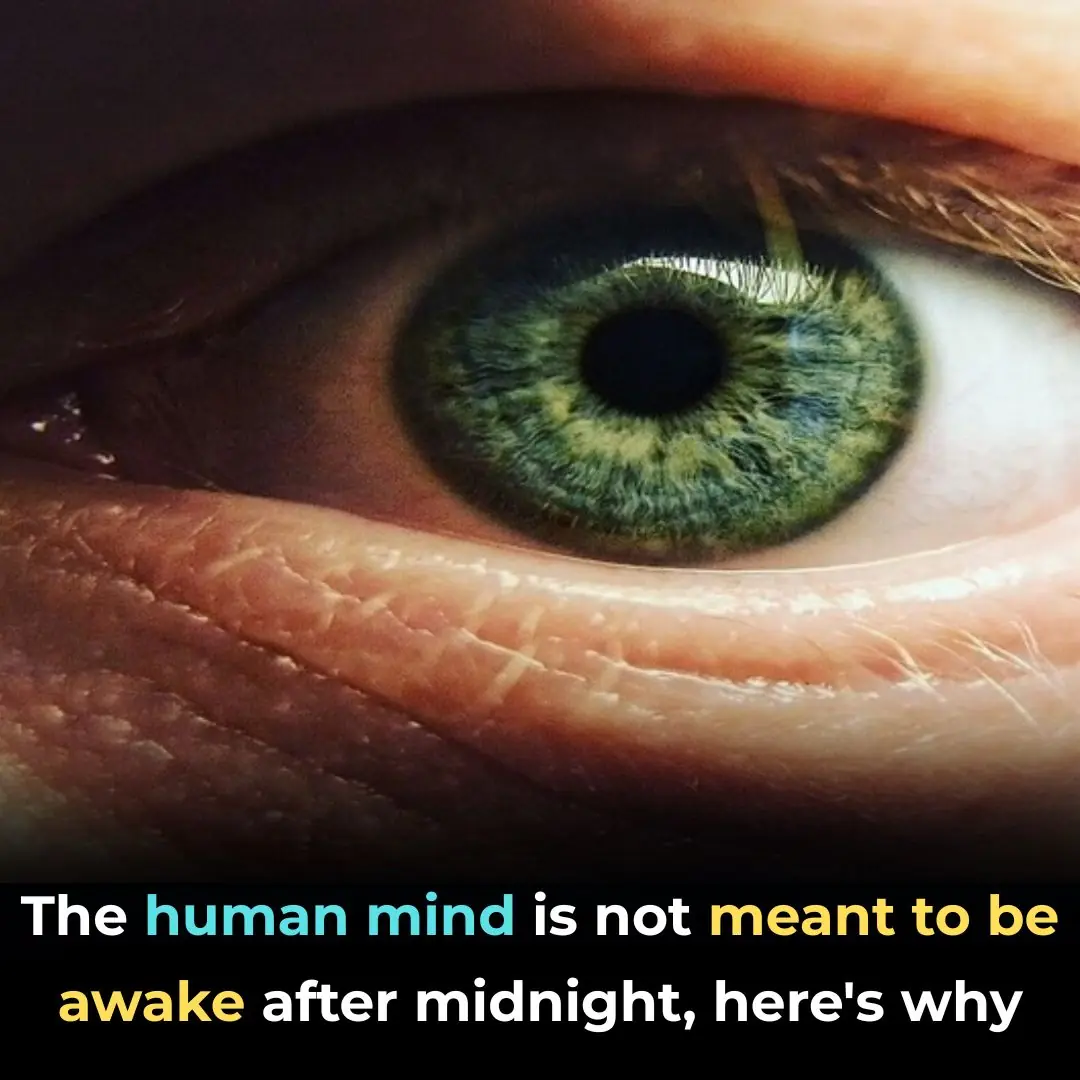
The Human Brain Isn’t Built for Late Nights, Experts Warn

Harvard Doctor Reveals Foods You Should Avoid to Prevent Inflammation
News Post
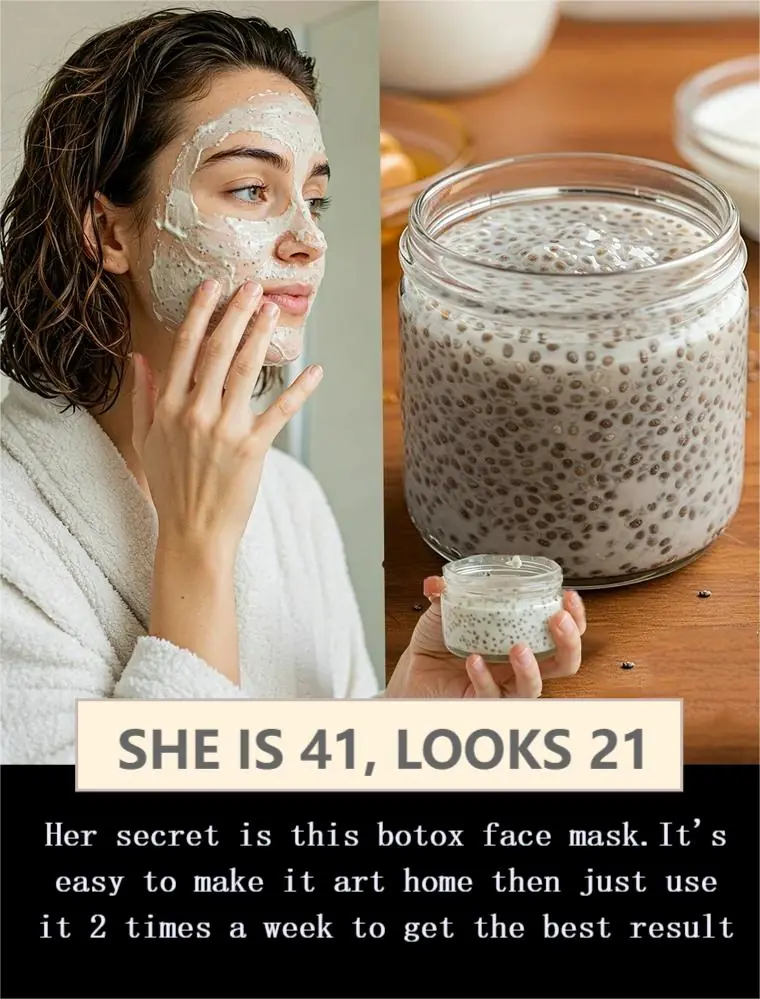
A Natural Botox Alternative? How a Simple Chia Seed Mask Can Tighten, Brighten, and Rejuvenate the Skin

47-Year-Old Man Dies from Liver Failure: “Two Types of Pain, Two Types of Itching” Warn of Serious Liver Disease

Don’t Throw Away Your Empty Milk Powder Cans – Turn Them Into Useful Household Items

If Cancer Cells Are Developing in the Body, These 3 Nighttime Symptoms May Appear

Can you spot the hidden dog? Only people with eagle eyesight can!

Can you spot the book, egg, cup, and pillow?

Neem: An Ancient Plant With Potential Health Benefits – What Science Says

Doctors reveal that green broccoli causes...see more

Artery-Cleaning Foods: The One Meal Doctors Won’t Tell You About

The body will show 5 symptoms to remind you to eat less salt

5 foods that heal your body and STARVE cancer—eat these now!

Reverse diabetes and insulin resistance fast—4 hacks doctors don’t tell you!

They were wrong about fasting — here’s what 30 hours without food really does to your body
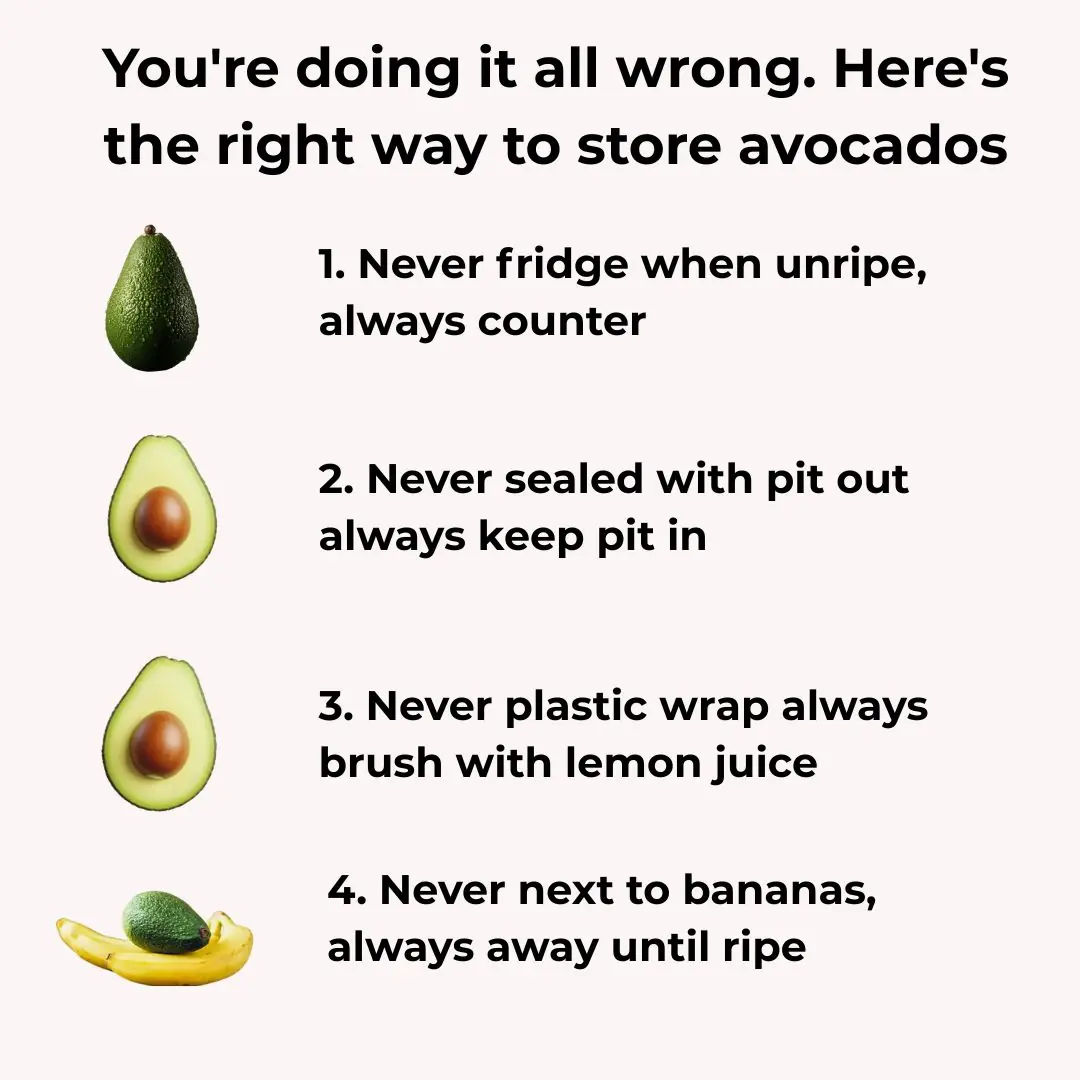
You're doing it all wrong. Here’s the right way to store avocados

8 reasons why adding baking soda to your toilet tank is a must-do trick
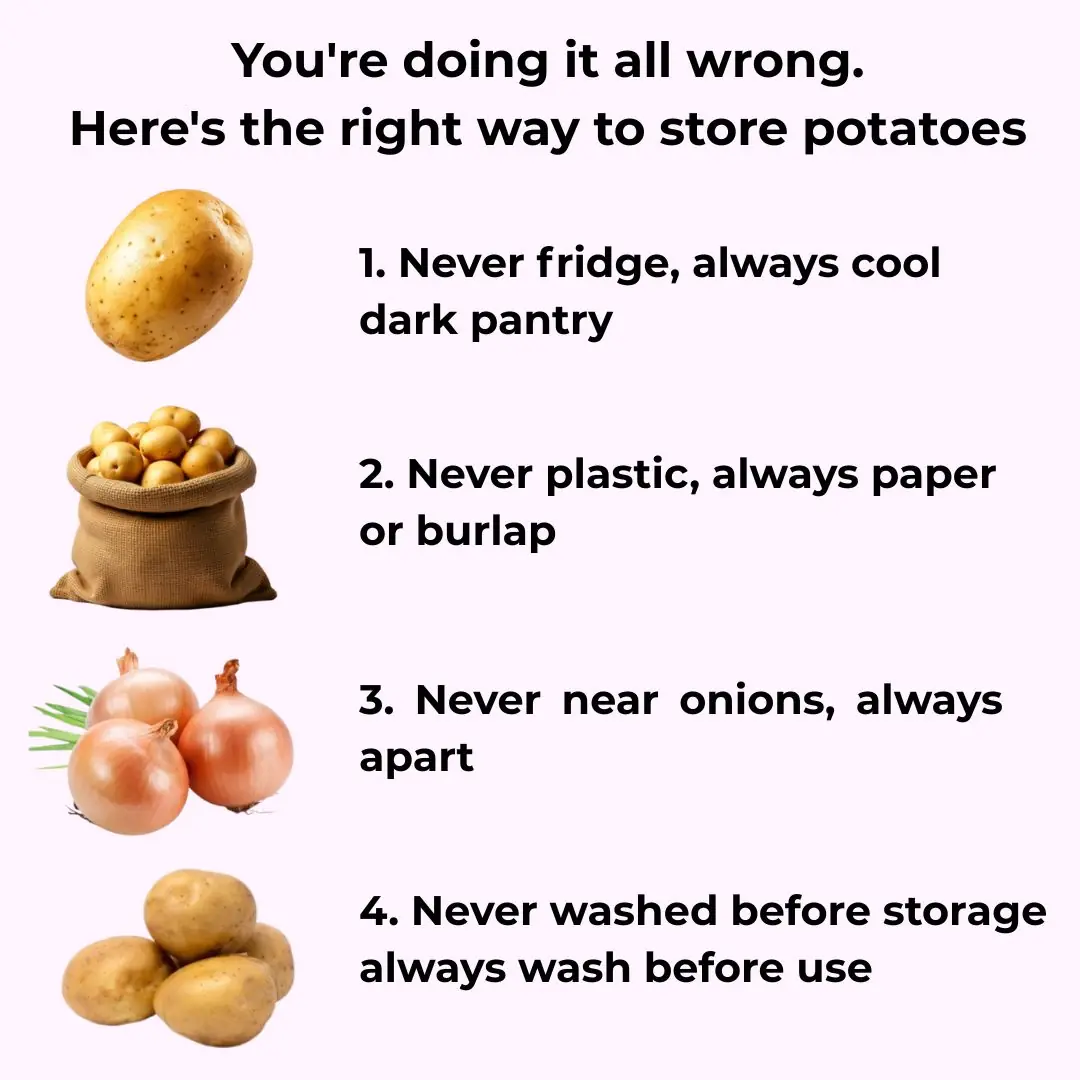
You're doing it all wrong. Here’s the right way to store potatoes

Washing machine stays clean all year without scrubbing thanks to a common household liquid, saving millions every year 👇👇

Aster flowers, the 'miracle cure' hidden in roadside wild plants
